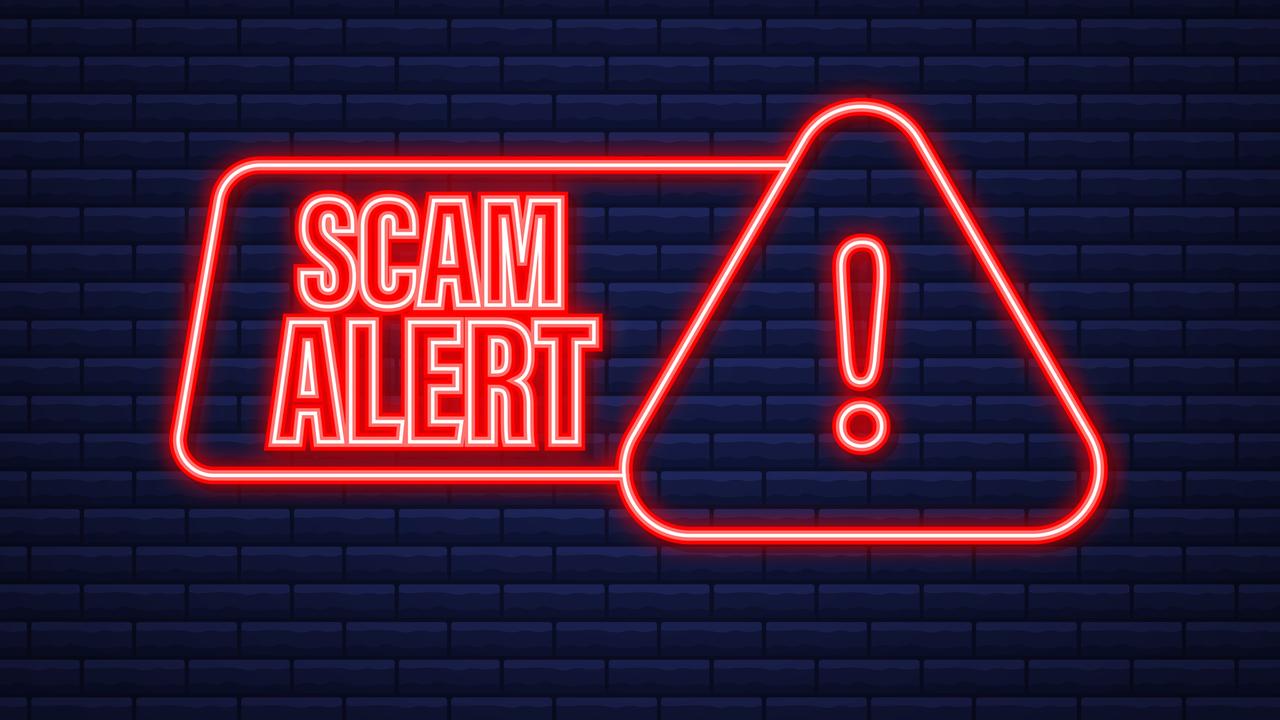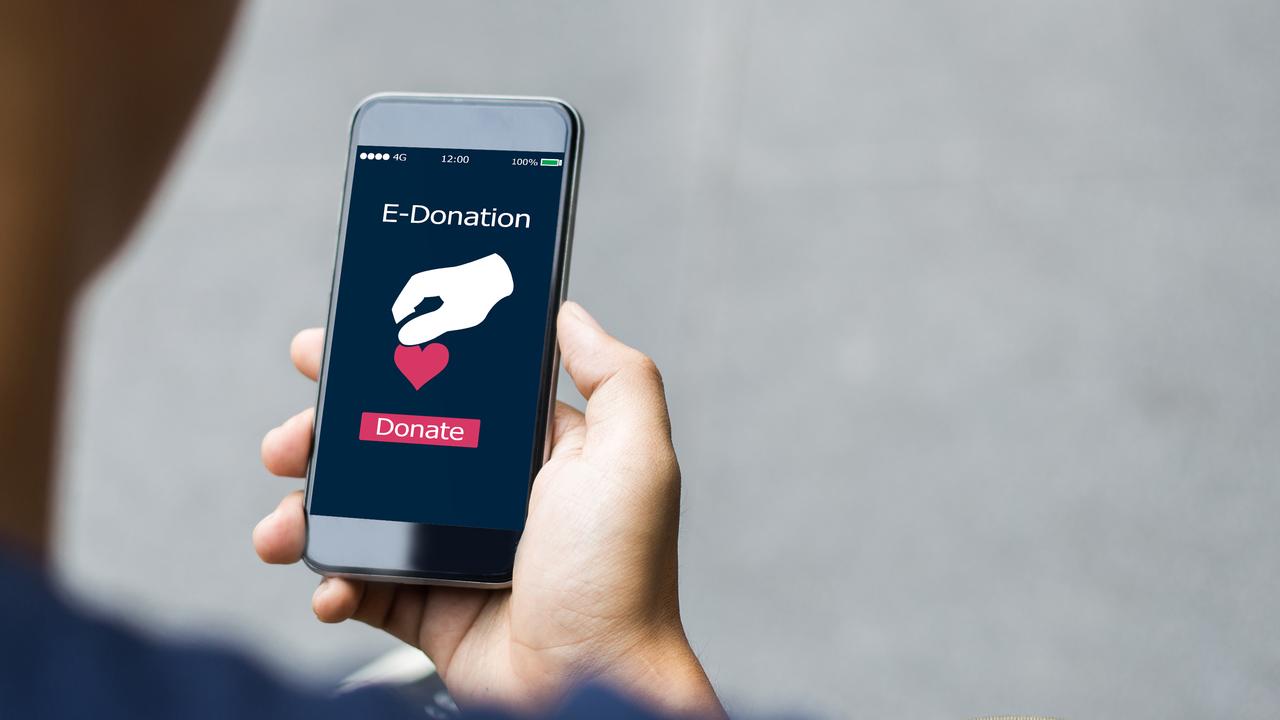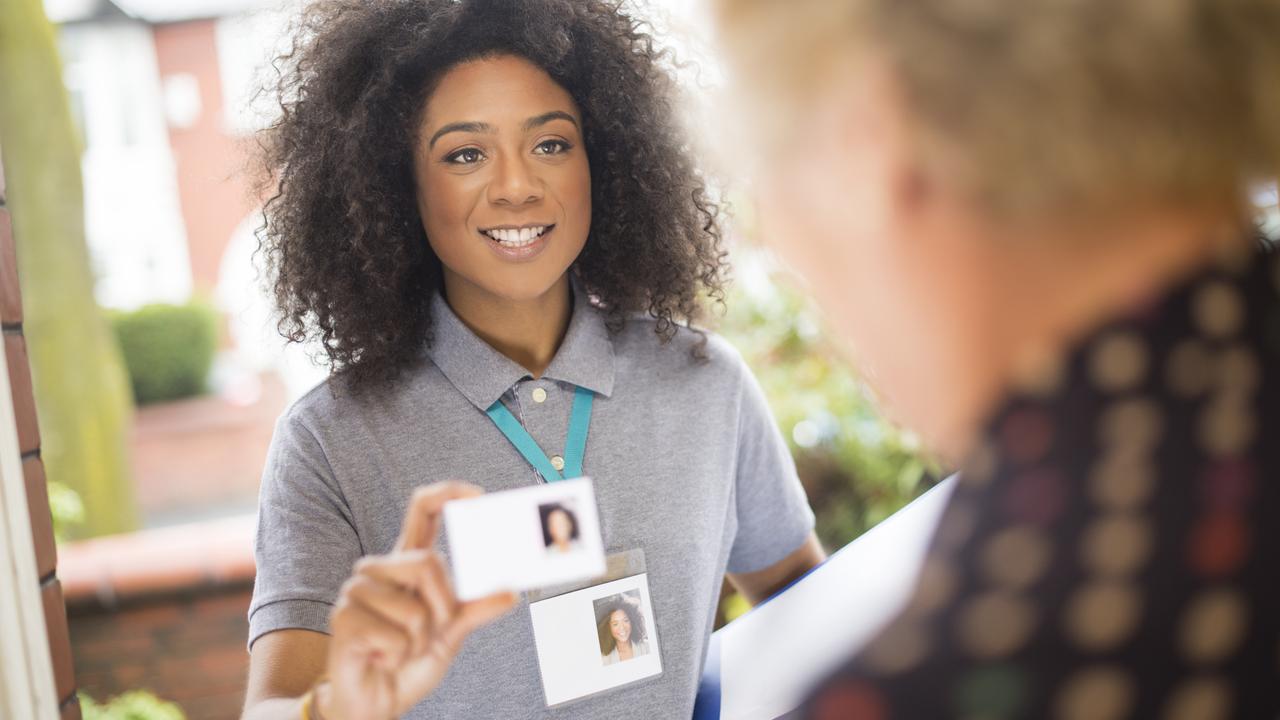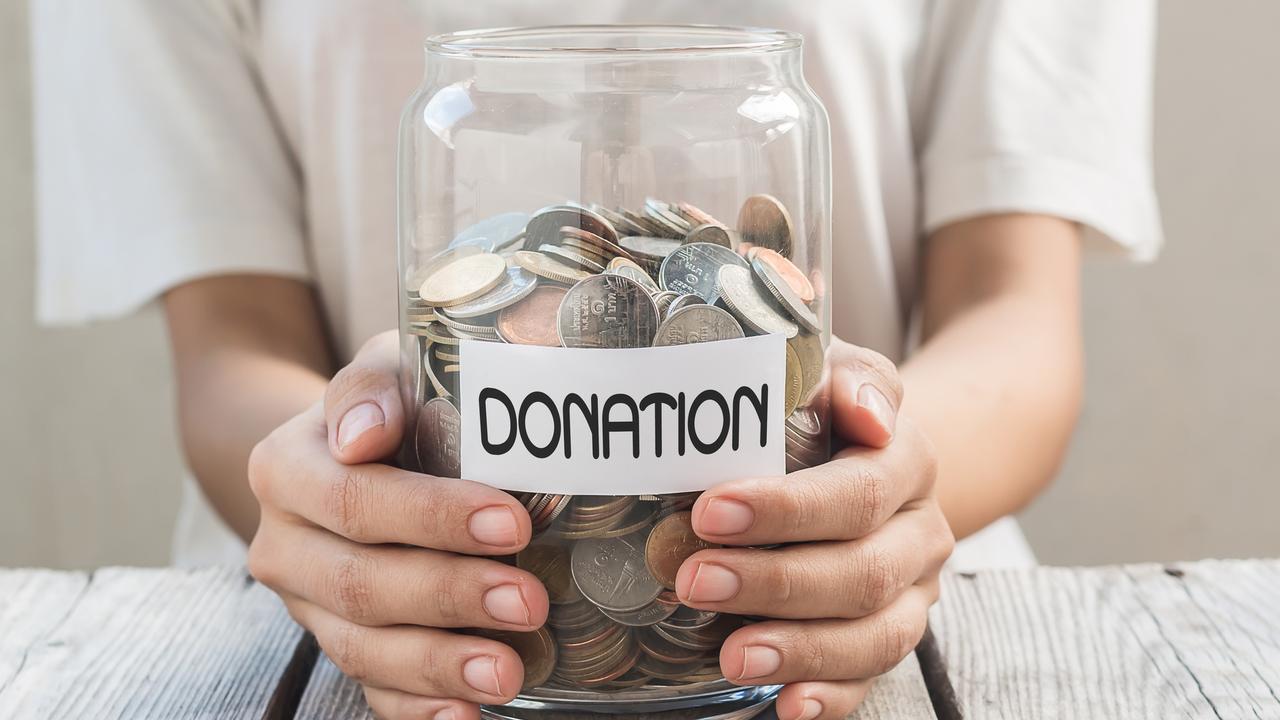Giving Part 10: Beware of charity scams
PART 10: It’s great to support worthy causes but we need to make sure our donations get where they’re supposed to go. Learn how to protect yourself from a scam

READING LEVEL: GREEN
Australian charities handle billions of dollars each year, so it is important that they are strongly regulated* and well run.
Most charities and their workers do the right thing. But sometimes scammers use what looks like a legitimate charity to try to trick unsuspecting donors into handing over money.
In most charity scams, people are deceived into believing their donation will go to a genuine charity and then it is stolen. In other cases, scammers set up fake charities and use them to take people’s money.
People of all ages can be fooled by scammers. They take advantage of our generosity and are clever at pretending they are the real deal, either in person, on the phone or online.
The ways scammers operate can include:
- setting up a fake online fundraiser
- pretending to represent a registered charity
- using a registered charity to raise money, then taking it
Warning signs include being pressured to donate and not being given a receipt.

The Australian Competition and Consumer Commission (ACCC) received 698 reports of fake charity scams in less than a year from January 1 to October 17 last year.
And the ACCC’s Scamwatch figures could be a lot higher, because many people don’t realise they have been scammed or feel too embarrassed to report it.
Protecting yourself from scammers
The Australian Charities and Not-for-profits Commission (ACNC) received about 2000 concerns about charities in 2020-21.
The most common concerns were about people getting private benefits from charities or possibly mismanaging funds.
Australians reported losses totalling $133,770 from January to October 2021, but the real figure was probably much higher.
People in NSW reported losing the most money, with 199 reports and $39,058 lost. They were followed by people in Victoria (160 reports and $33,048 lost) and Queensland (134 reports and $36,685 lost).

The ACNC runs a register that people can use to see if a charity is registered. Even if they are, you must ensure a person is from the charity they claim to represent.
It is important to do our own research to make sure a charity is legitimate*, and that the person representing it is genuine.
You can take a few basic steps to ensure that a charity you want to help or donate to is legitimate.
The ACNC recommends you do the following before you donate:
- Check if the organisation is on the ACNC Charity Register and investigate its main work.
- Don’t click on links in social media post and in emails you weren’t expecting or from people or groups you don’t know. These could take you to a scam website. Find the charity’s website in a search engine or on the Charity Register.
- Don’t give credit card or bank account details on social media and be cautious online.
- Look for established, registered charities running verified* appeals.
- If you get a call claiming to be from a charity, say you’ll call back. Search the Charity Register and call back on the number shown there.
- Always ask for identification from collectors at a shopping centre, on the street or at your front door.
- Check the label on a donation bin to see if it is for charity collection.
If you are scammed, you can report it to the ACCC’s Scamwatch at scamwatch.gov.au/report-a-scam

GLOSSARY
- regulated: controlled by rules and regulations
- legitimate: real and following the laws or rules
- verified: shown to be true or accurate
EXTRA READING
The Aussie charities and events we get behind
QUICK QUIZ
- How many reports of charity scams did the Australian Competition and Consumer Commission receive from January 1 to October 17 last year?
- Why is it thought that the real figures could be much higher?
- People in which state reported losing the most money to charity scams last year?
- How should people find out if a charity is real?
- Where can you report being scammed?
LISTEN TO THIS STORY
CLASSROOM ACTIVITIES
Refer to the accompanying Giving Education Kit classroom workbook with 20 activities. It’s FREE when teachers subscribe to the Kids News newsletter.

